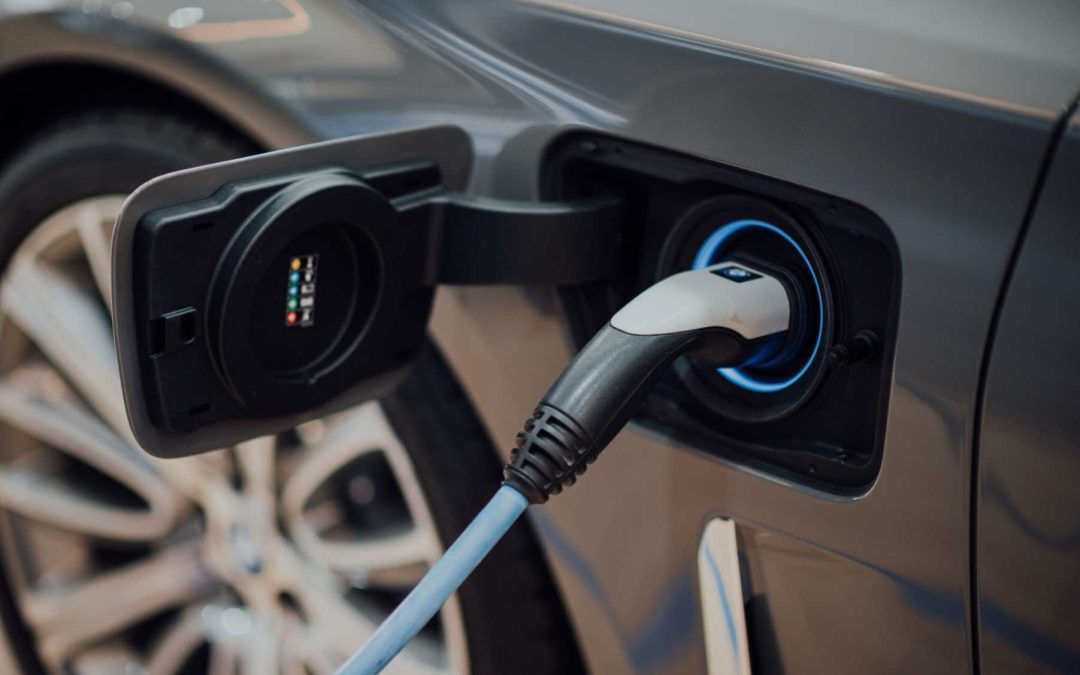Electric vehicles have gained considerable popularity in the UK and all across the globe. Over the past few years, it has become the new norm, with more and more people making the switch. Quite naturally, the demand for efficient home charging solutions is also rising constantly. Whether you’ve just bought your first EV or are planning ahead, installing a reliable electric car charger in Rutland offers long-term convenience and a number of other benefits.
However, EV charger installation is not just about plugging into the wall. From technical choices to legal regulations, there are various details that must be considered. Let us now take a look at everything you need to know to make smart and informed decisions in 2025.
Why Install a Home EV Charger?
The key benefit of charging your EV at home is that it saves you time and hassle. Along with that, it also lets you take full advantage of off-peak tariffs and charge overnight. Unlike public stations, an electric car charger at your home gives you better control and also improves the charging speed and safety.
With a dedicated EV charger at home, you reduce your dependency on local infrastructure while also increasing the value and sustainability of your property.
Types of Home Chargers to Know
Today’s chargers come in both tethered as well as untethered forms. Tethered options include a built-in cable, while untethered ones give you flexibility. Smart chargers have also become quite common. These electric car chargers let you schedule charging, monitor usage, and connect to apps.
Before choosing one, check your vehicle’s charging port and determine the correct power rating. Compatibility and future-proofing are crucial as newer EV models are constantly entering the market.
Installation Process and What to Expect
Let us now take a brief look at the electric car charger installation process. This will give you a clear idea of what to expect:
First, there comes a site assessment. Your installer checks your existing electrics and finds the safest spot to fit the charger.
It’s usually wall-mounted near your driveway or garage.
After choosing a charger, the electrician installs the unit, configures the software, and ensures full compliance with UK regulations.
Most homes don’t need major upgrades, but your installer will guide you through any required adjustments.
Legal and Safety Standards in the UK
EV charger installations must meet specific regulations. Installers need certification and must follow the latest guidance from OZEV and IET. Your charger should include RCD protection, correct earthing, and smart features to manage power consumption. Getting a qualified professional ensures safety, insurance compliance, and peace of mind.
Installing an electric car charger in Rutland is one of the smartest upgrades you can make in 2025. It’s convenient, future-ready, and adds value to your property when done right. If you’re ready to explore the best options for your home, R Morgan Electrical Services offers expert guidance, reliable installation, and continued support. Contact us now.

